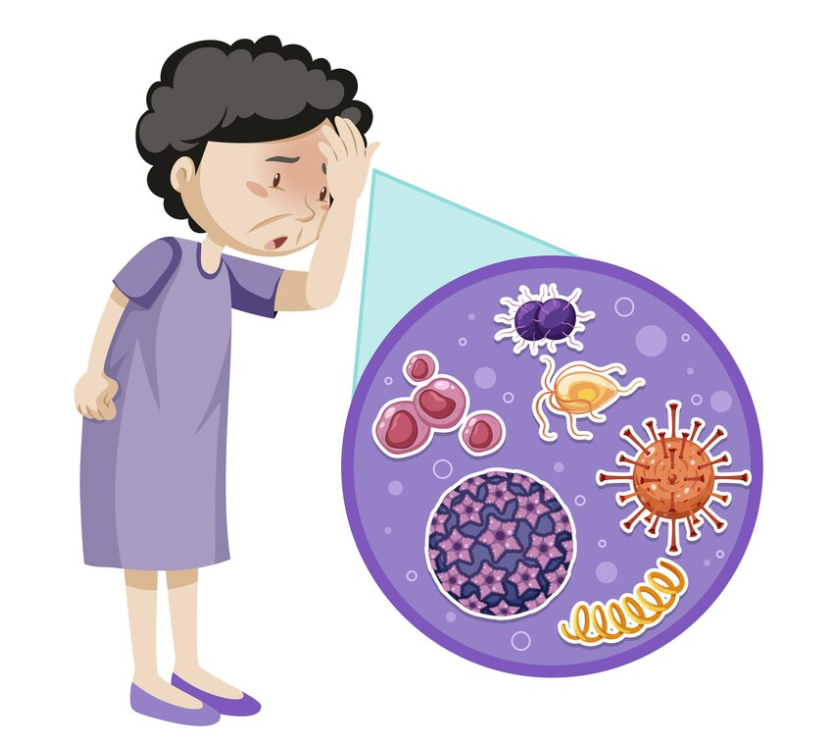
Hepatitis E Transmission: How is it Spread?
Introduction: Hepatitis E is a liver infection caused by the Hepatitis E virus (HEV). Understanding how this virus spreads is crucial for preventing its transmission and protecting yourself from infection. Let’s explore the different ways Hepatitis E can be transmitted.
1. Contaminated Food and Water
The most common way Hepatitis E is spread is through the ingestion of contaminated food or water. The virus can enter the food or water supply when fecal matter from an infected person contaminates it. This contamination can occur at any point in the food production or water treatment process, from farming to distribution to consumption.
2. Poor Sanitation
Areas with poor sanitation and hygiene practices are more likely to have Hepatitis E outbreaks. Inadequate sewage disposal and improper handling of food can contribute to the spread of the virus. People living in regions with limited access to clean water and sanitation facilities are at a higher risk of contracting Hepatitis E.
3. Direct Contact with Infected Individuals
Although less common, Hepatitis E can also spread through direct contact with infected individuals’ bodily fluids, such as blood or semen. This can occur through activities like sharing needles or engaging in unprotected sexual intercourse with an infected person.
4. Blood Transfusions and Organ Transplants
In rare cases, Hepatitis E transmission can occur through blood transfusions or organ transplants from infected donors. However, strict screening procedures are in place to minimize this risk, especially in countries with advanced healthcare systems.
Preventing Hepatitis E Transmission
Fortunately, there are several measures you can take to reduce your risk of Hepatitis E infection:
- Practice good hygiene, including washing your hands with soap and water regularly, especially before eating and after using the bathroom.
- Drink clean and safe water. If you’re unsure about the water quality, boil it before consumption or opt for bottled water.
- Cook food thoroughly, especially meat and seafood, to kill any potential viruses or bacteria.
- Avoid consuming raw or undercooked shellfish, as they may harbor Hepatitis E virus.
- Practice safe sex by using condoms to prevent the transmission of Hepatitis E and other sexually transmitted infections.
By following these preventive measures, you can significantly reduce your risk of contracting Hepatitis E and protect yourself and your loved ones from this liver infection.
To seek medical advice, always consult a Doctor. Here are our recommended experts. Click here
To read more on Respiratory disease . Click Here


